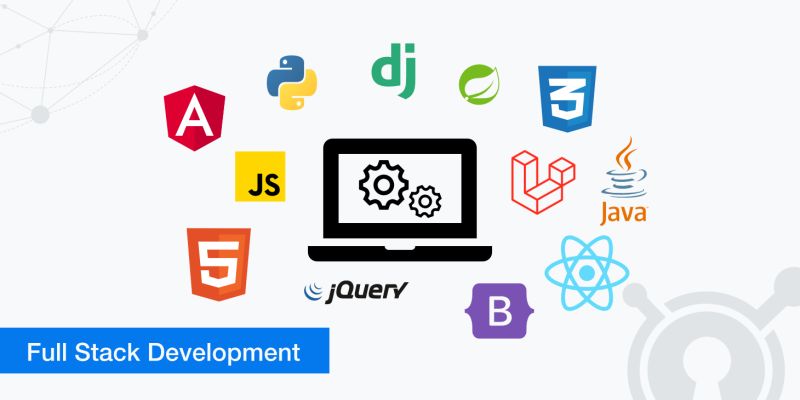
To extend the Full Stack Development course to 90 days, we can delve deeper into advanced concepts, add more hands-on projects, and cover additional tools and technologies. Here's the revised 90-Day Full Stack Development Course:
90-Day Full Stack Development Course Syllabus
Module 1: Introduction to Full Stack Development (Day 1-3)
What is Full Stack Development?
Overview of Front-End and Back-End Technologies
Development Workflow, Tools, and Version Control (Git/GitHub)
Module 2: Front-End Development (Day 4-28)
HTML5 & CSS3 (Day 4-10)
HTML5: Advanced semantic elements, multimedia, and forms
CSS3: Flexbox, Grid, advanced selectors, transitions, and animations
Responsive Web Design principles with Media Queries
CSS preprocessors: SASS or LESS
JavaScript (Day 11-18)
ES6+ Features: Let, Const, Arrow functions, Destructuring, Spread operator
DOM Manipulation, Event Handling
Asynchronous JavaScript: Promises, Async/Await
Error Handling & Debugging
JavaScript ES Modules and OOP basics
Front-End Frameworks (React.js/Vue.js) (Day 19-28)
React.js or Vue.js (Choose one)
Components, props, and state management
Lifecycle methods and hooks
Routing with React Router or Vue Router
Form handling and validations
API integration with Axios or Fetch
CSS Framework: Bootstrap, Tailwind CSS, or Material UI
Module 3: Advanced Front-End Concepts (Day 29-38)
State Management with Redux or Vuex
Advanced JavaScript concepts: Closures, Hoisting, Event Loop
Testing in front-end applications: Jest, React Testing Library
Progressive Web Apps (PWA) basics
Webpack, Babel, and project bundling
Module 4: Back-End Development (Day 39-65)
Node.js & Express.js (Day 39-50)
Introduction to Node.js: Event-driven architecture, non-blocking I/O
Express.js: Middleware, routing, RESTful API creation
Handling form data, file uploads, and sessions
Authentication & Authorization (JWT, OAuth)
Error handling and logging in backend apps
Databases (SQL & NoSQL) (Day 51-65)
SQL (MySQL/PostgreSQL)
Relational database concepts, normalization, and indexing
CRUD operations, joins, subqueries, and triggers
NoSQL (MongoDB)
Document-based database principles, schema design, and querying
Aggregation framework
Database integration with back-end applications
Advanced database topics: Transactions, backups, scaling
Module 5: Advanced Back-End Concepts (Day 66-75)
WebSockets for real-time communication (Node.js/Socket.io)
GraphQL: Introduction, schemas, queries, and resolvers
Authentication & Authorization in-depth: Passport.js, JWT, session management
Cloud storage integration: AWS S3 or Firebase
Testing back-end applications: Mocha, Chai, and Jest
Module 6: Deployment & DevOps Basics (Day 76-80)
Hosting Platforms: Heroku, Netlify, Vercel, or AWS EC2
CI/CD pipeline setup: GitHub Actions or Jenkins
Environment variables, security practices (SSL, HTTPS)
Docker basics for containerizing applications
Module 7: Full Stack Project (Day 81-88)
Capstone Project: Building a full-fledged web application
Example project ideas: E-commerce app, Real-time chat app, Social networking site
Incorporate front-end and back-end skills, deployment, and version control
Collaborative work using Git/GitHub
Module 8: Interview Preparation and Best Practices (Day 89-90)
Resume and Portfolio building
Common Full Stack Developer interview questions and technical challenges
Best coding practices and optimization techniques
Mock interviews and feedback
To enroll in a Full Stack Development course, the following eligibility criteria are typically recommended:
This course is open to both beginners and individuals with some experience in web development who want to enhance their skills and become proficient full-stack developers